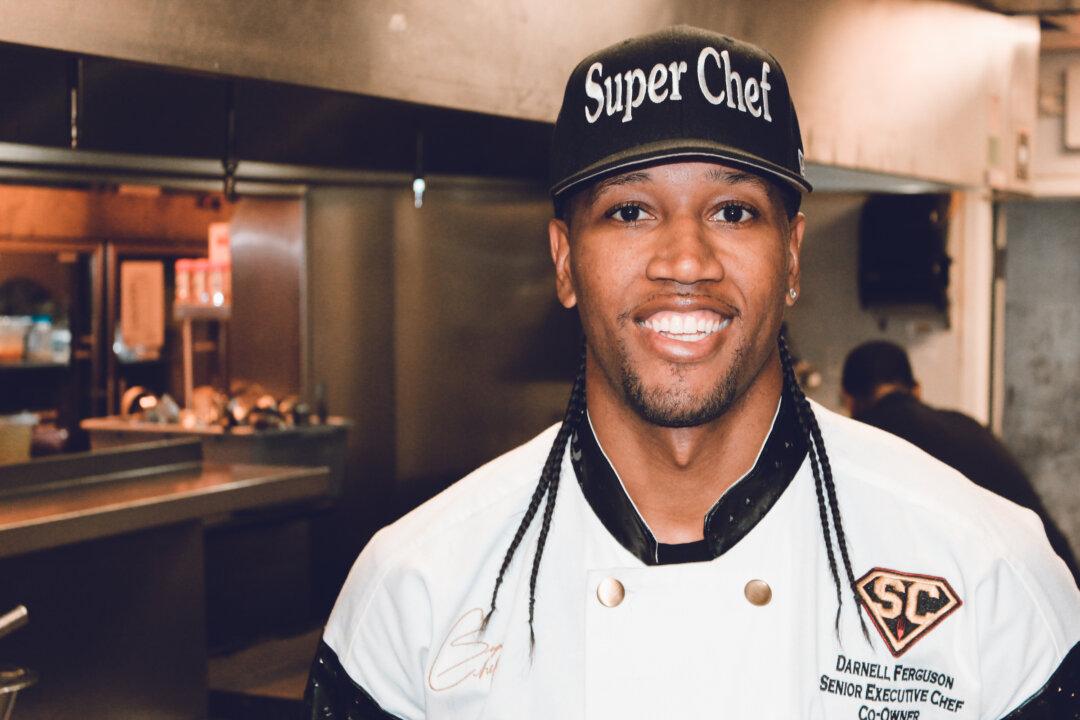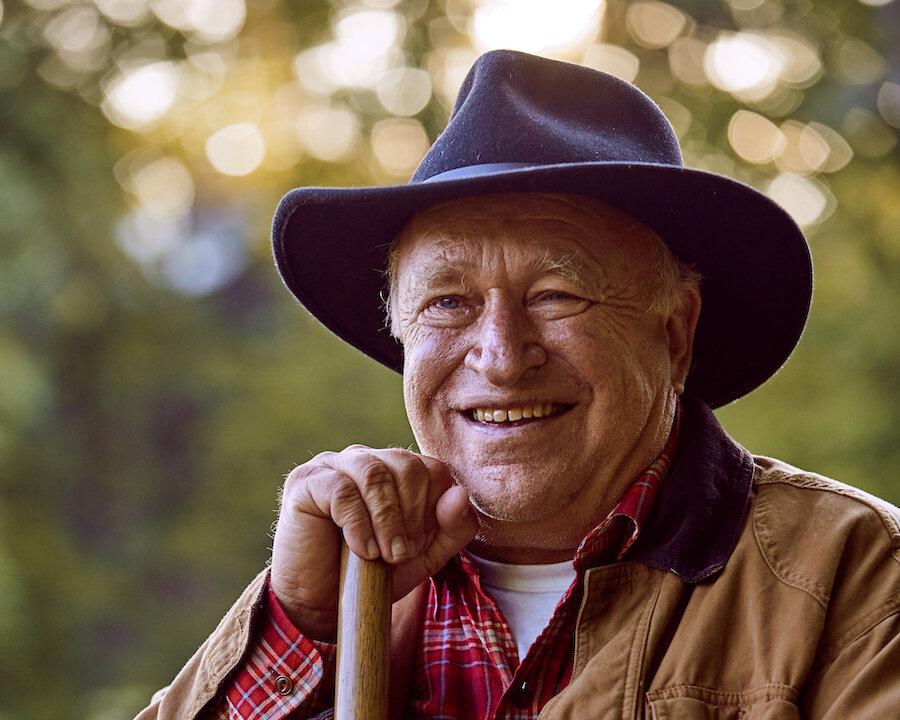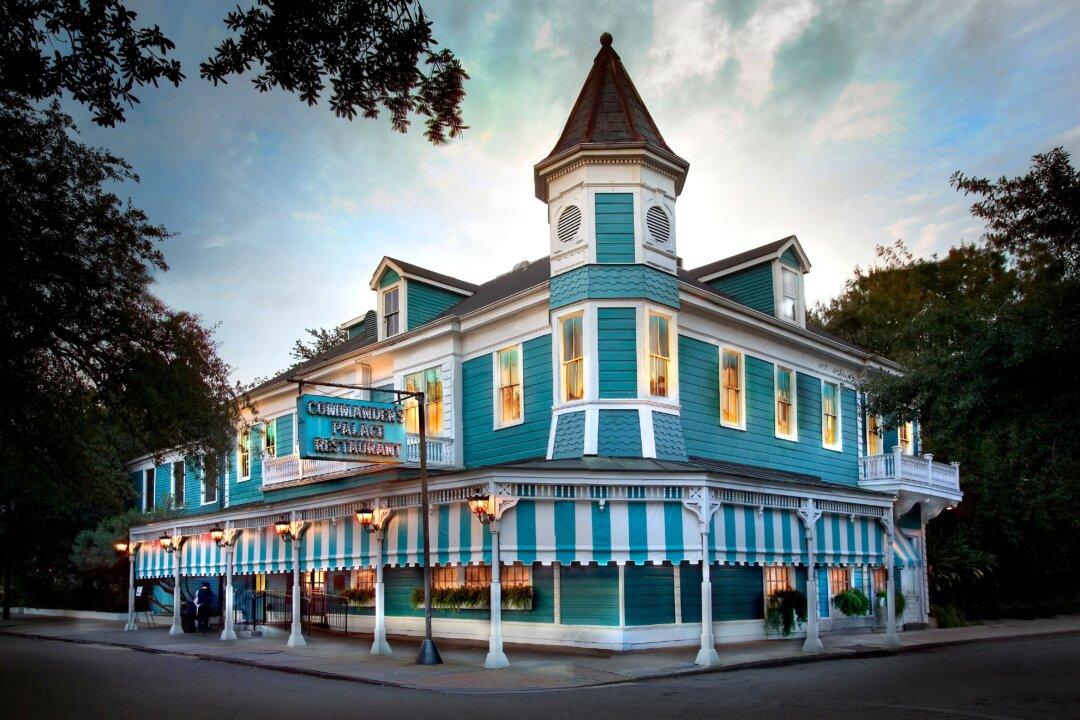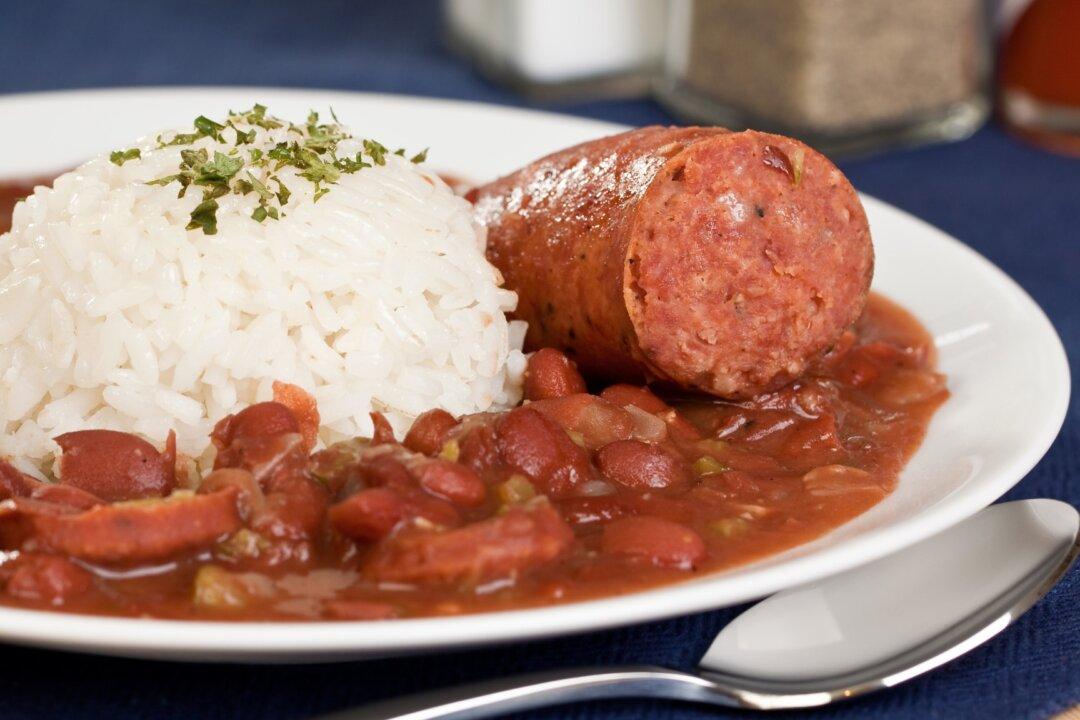In a small roadside smokehouse in Madisonville, Tennessee, Allan Benton crafts what top chefs across the United States consider the gold standard of country ham and bacon. The potent, provocative smell of hickory smoke draws in any visitor—and anyone who tries the finished product.
Since Benton started the business 47 years ago, Benton’s Smoky Mountain Country Hams has become a Southern legend. His dry-cured and smoked hams and thick-cut bacon, made by hand the way his grandparents did, can be found on the menus of leading chefs throughout the South and beyond, including David Chang and Tom Colicchio in New York and Chris Shepherd in Houston. The business has been featured in foodways exhibits at the Tennessee State Museum in Nashville and the Southern Food and Beverage Museum in New Orleans, and Benton was inducted into the James Beard Foundation’s Who’s Who of Food and Beverage in America in 2015.





